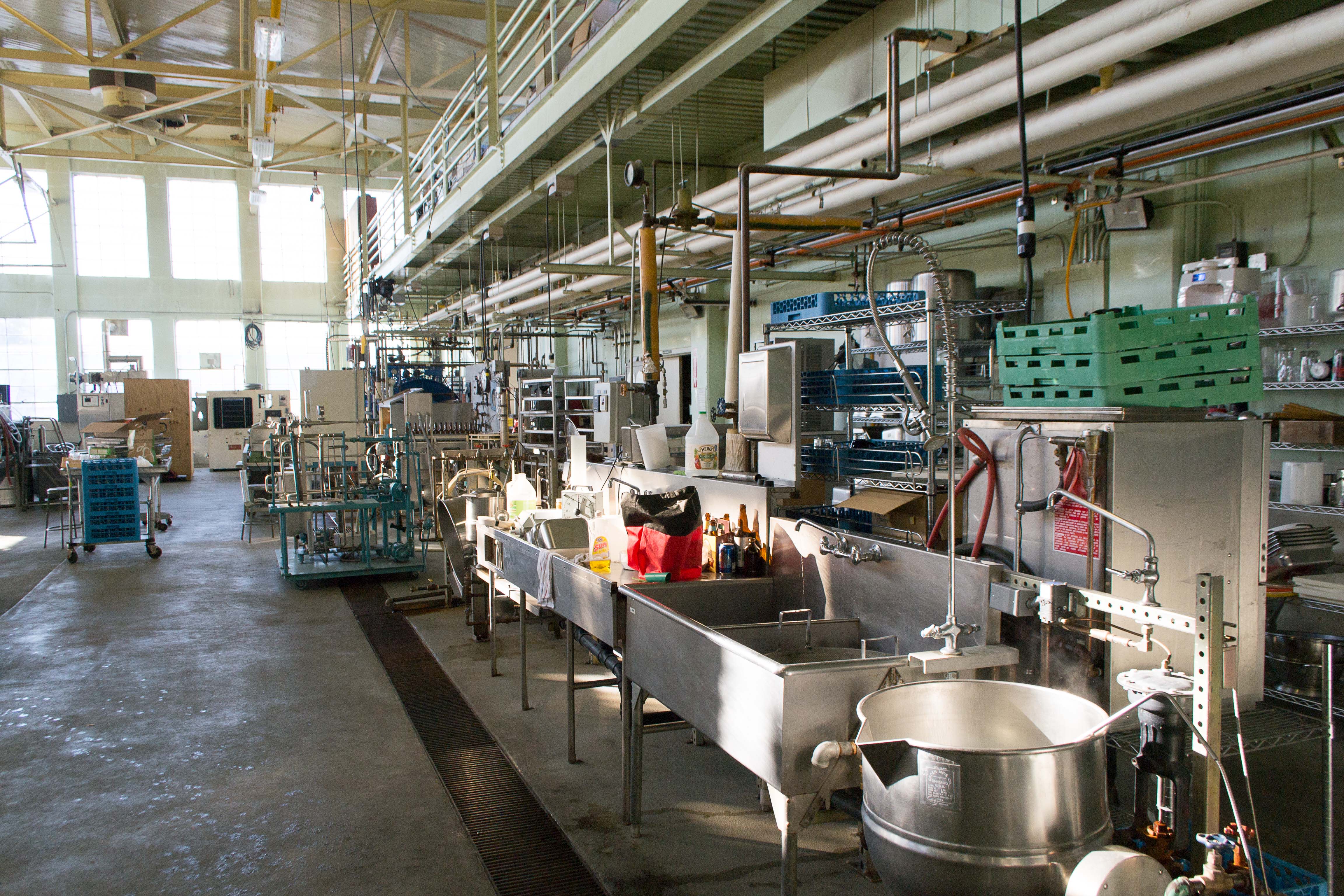
Photo from academic.microsoft.com
The development of nutritional and metabolic abnormalities represents an important burden in patients after liver transplantation (LT). Our study aimed at evaluating the incidence, time of onset, and risk factors… Click to show full abstract
The development of nutritional and metabolic abnormalities represents an important burden in patients after liver transplantation (LT). Our study aimed at evaluating the incidence, time of onset, and risk factors for nutritional and metabolic abnormalities in patients after LT. The study was a single-center retrospective study. Consecutive patients undergoing elective LT from 2000 to 2016 were enrolled. The presence of at least two among arterial hypertension (AH), diabetes mellitus (DM), dyslipidemia, and obesity (BMI ≥ 30 Kg/m2) was utilized to define patients with the metabolic disorder (MD). Three hundred and fifteen patients were enrolled; the median age was 56 years (68% males). Non-alcoholic steatohepatitis (NASH) was the origin of liver disease in 10% of patients. During follow-up, 39% of patients developed AH, 18% DM, and 17% dyslipidemia. Metabolic disorders were observed in 32% of patients. The NASH etiology (OR: 6.2; CI 95% 0.5–3; p = 0.003) and a longer follow-up (OR: 1.2; CI 95% 0.004–0.02; p = 0.002) were associated with de novo MD. In conclusion, nutritional and metabolic disorders are a frequent complication after LT, being present in up to one-third of patients. The NASH etiology and a longer distance from LT are associated with de novo MD after LT.
Journal Title: Nutrients
Year Published: 2019
Link to full text (if available)
Share on Social Media: Sign Up to like & get
recommendations!